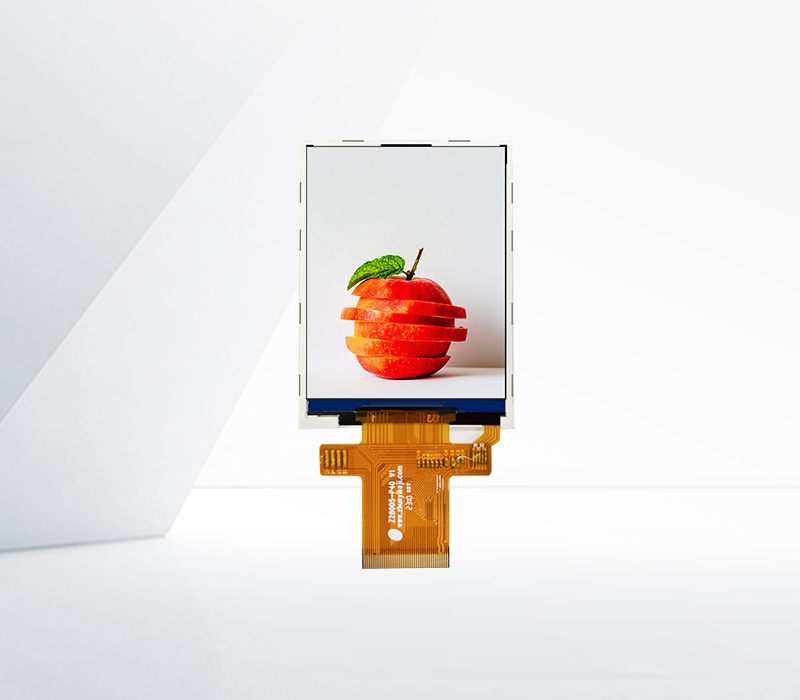



Small Viewing Angle LCD Displays
LCD displays with small viewing angles have certain characteristics and limitations that are important to understand.
One of the most obvious drawbacks of small - viewing - angle LCDs is the color shift and brightness drop when viewed from off - axis positions. When the viewer moves even slightly to the side or above/below the screen, the colors can appear distorted, and the image may become dimmer. This is because the liquid crystal molecules in the LCD panel are arranged in a way that is optimized for frontal viewing. For example, in some budget - friendly LCD televisions, if you try to watch from the side of the room, the colors may seem washed - out, and the contrast may decrease significantly.
In applications where multiple people need to view the screen simultaneously, small - viewing - angle LCDs can be a problem. In a classroom or a meeting room setting, if the display has a small viewing angle, students or participants sitting at the edges may not be able to see the content clearly. This can lead to a sub - optimal viewing experience and may even affect the effectiveness of presentations or educational sessions.
Moreover, small - viewing - angle LCDs can also pose challenges in outdoor or brightly lit environments. When the screen is not viewed directly head - on, the combination of the small viewing angle and the external light can make it even more difficult to see the content. The reduced brightness and color distortion can be exacerbated by glare from sunlight or other light sources, further diminishing the usability of the display.
However, it's worth noting that small - viewing - angle LCDs are often more cost - effective to produce. They are commonly used in some basic applications where frontal viewing is the norm, such as in some simple digital signage or low - end monitors for basic office tasks where off - axis viewing is not a major requirement.

